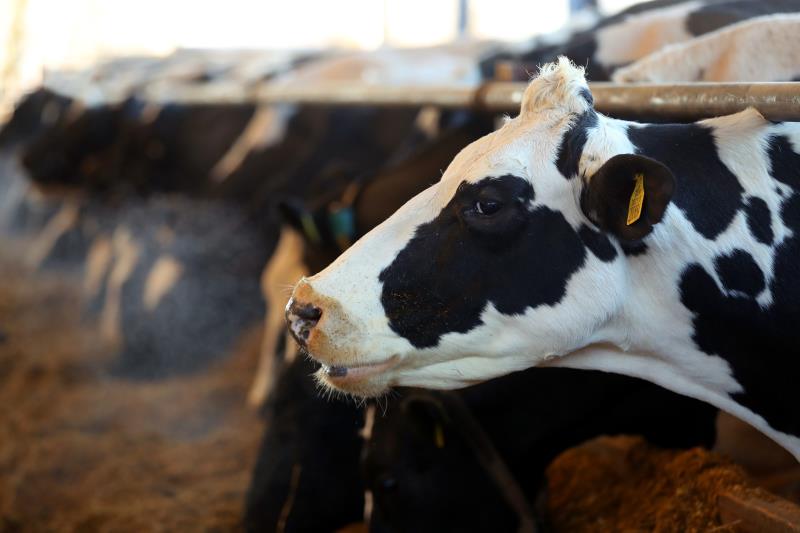With increasing concern about the impacts of air quality on human health and natural habitats, Defra introduced the Clean Air Strategy earlier this year. An estimated 87% of UK ammonia emissions are from agriculture and the Defra Code of Good Agricultural Practice (COGAP) for Reducing Ammonia Emissions provides guidance on this.

Catchment Sensitive Farming provides advice to farmers to help adopt some of the new techniques and infrastructure improvements that will be needed to tackle this problem, make farm efficiency savings and help prepare for the new requirements being introduced. Targeted grant support for slurry covers and low input options are available through Countryside Stewardship.
The 10 ammonia case studies are published on the Natural England Access to Evidence catalogue.
The case studies are:
- Nutritional approaches to reducing ammonia emissions in pig diets
- Reducing ammonia emissions by effective nutrient management planning on dairy farms
- Reducing ammonia emissions by focusing on building design on dairy farms
- Reducing ammonia emissions from dairy farms through livestock feeding
- Reducing ammonia emissions from pig finishing units
- Reducing ammonia emissions from slurry storage and application on a dairy farm
- Reducing ammonia emissions from slurry storage on dairy farms
- Reducing ammonia emissions from storage and field application of digestate
- Reducing ammonia emissions from urea fertiliser application
- Reducing ammonia emissions through nutrient planning with anaerobic digestion
